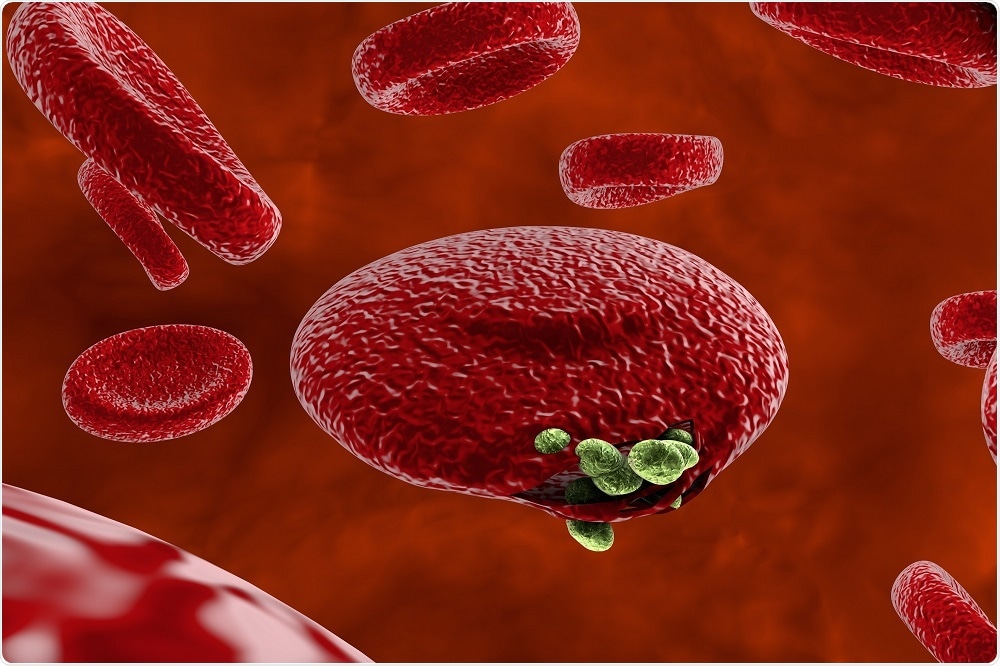An international team of researchers is working to find a way to identify individuals carrying malaria who do not have symptoms of the disease. They recently discovered that malaria could be diagnosed through changes in body odor.
 Credit: Kateryna Kon/Shutterstock.com
Credit: Kateryna Kon/Shutterstock.com
Many people every year are infected with malaria by asymptomatic carriers, a large number of whom live in areas where the prevalence of malaria is at its heaviest.
However, current tests do not necessarily detect the infection, particularly at low parasite densities.
Professor Consuelo De Moraes from Penn State University says his work has previously shown that malaria infection in a mouse model altered the odors of the mice to make them more attractive to mosquitoes, particularly at a stage of infection where the transmissible stage of the parasite was present at high levels.
"We also found long-term changes in the odor profiles of infected mice," he adds.
Now, De Moraes and team have investigated whether it is possible to identify changes in human odors associated with malaria infection that may be useful for diagnosis. They were particularly keen to find out if they could identify carriers who are asymptomatic.
The team used microscopy, as well as a rapid diagnostic test and DNA tests to identify 333 people who were either infected or not infected with malaria.
The study included 77 people who were positive for malaria, but did not have any parasites according to the microscopy tests.
As reported in Proceedings of the National Academy of Sciences, the researchers looked at the amount of volatile chemicals present in the participants’ odors.
They found that the symptomatic and asymptomatic infections were different from each other, as well as from healthy people.
The team suggests that these differences could eventually be used to develop tests that can rapidly and accurately diagnose malaria infection, even among those who do not have symptoms. Their results far exceed those of the rapid diagnostic tests that are currently available.
Our models identified asymptomatic infections with 100 percent sensitivity, even in the case of low-level infections not detectable by microscopy."
Penn State University
However, the researchers warn that they are still a long way from developing a practical diagnosis assay based on odor cues.
For such a test to be successful, it would need to be rapidly and cheaply deployable under field conditions, but still show a high sensitivity.
In the near term, our goal is to refine the current findings to find the most reliable and effective biomarkers we can. This is really basic science to identify the biomarkers of malaria. There is still a lot more work to be done to develop a practical diagnostic assay."
Professor Mark Mescher, Study Author
Source:
https://www.eurekalert.org/pub_releases/2018-05/ps-abo051418.php